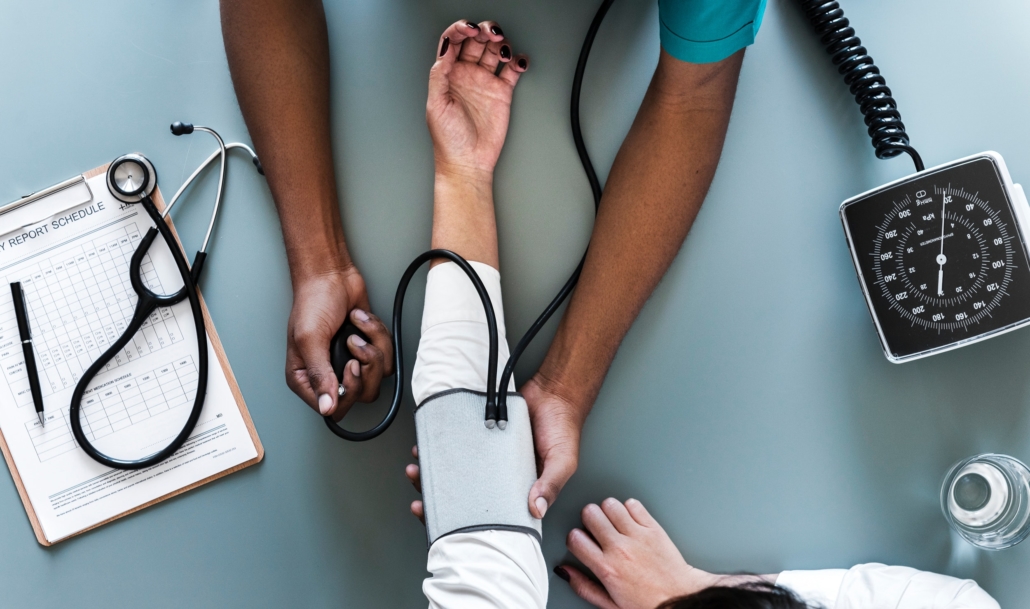Plan Your Visit
We look forward to meeting you and discussing your treatment and plan. Please read the instructions below to get an idea of what to expect before, during, and after your visit. It will help make your consultation more productive and worthwhile.
Make sure we have your medical records.
It is important that we receive your medical records before your visit; otherwise, your cardiologist or surgeon will be unable to adequately evaluate you, and it may be necessary to reschedule your appointment until those records are received.
If your personal physician has referred you to Metropolitan Heart and Vascular Institute, he or she will either contact us by phone or send your records to our office.
At this time, Metropolitan Heart & Vascular Institute is not accepting self-referrals. If you need cardiovascular services, please contact your primary care provider to begin the process of obtaining a referral.
Bring all of your insurance information and your driver’s license.
When you make an appointment with us, you will be asked for your insurance information so we can verify it prior to your appointment. Make sure to bring your insurance card and your driver’s license to your first appointment.
You can find out more about our financial policies by calling our Patient Finance Department.
Bring all of your medications.
Please bring all of your medications with you in their original containers when you come to the office. Make sure your doctor knows about every drug you are taking, including over-the-counter drugs and herbal medications. This is essential to avoid potential drug interactions between new medications we prescribe and your current medications.
Meet your health care team.
After you have filled out your registration and the registrar has your necessary personal and insurance information, a member of our team will take you back to an exam room where he or she will take your blood pressure and pulse.
We will also go over your medical history to find out not only what medications you’re taking but what, if any, allergies you might have; what kind of prior illnesses or injuries you may have suffered; and any operations or hospital stays you might have had. It may help to write down all of your medical events and dates, and bring this with you to your visit.
You will also be asked about the health of your family, including any hereditary conditions that might be related to your cardiac health. Finally, you’ll be asked about your marital status, employment and whether or not you use tobacco, alcohol, or any drugs.
Once the team member is finished, the cardiologist or surgeon will meet with you to review your medical history and perform a physical examination. He or she will then discuss pertinent findings with you and your family, and recommend any further testing or treatment plans. Please feel free to ask the physician any questions you may have at this time.
Prepare for the next steps.
After your visit with the cardiologist, our office will forward all cardiac records, test results, and suggestions for treatment to your referring physician. In some cases, we may schedule additional tests that you will need to come back for. We have an array of tests and procedures—many of them non-invasive—to help us make accurate diagnoses and prescribe appropriate therapies, sometimes even before patients develop any symptoms.
Our physicians may ask physician assistants or nurse practitioners specially trained in cardiovascular management to see patients for follow-up once the therapeutic plan has been established. If that is the case, your follow-up visit will then be reviewed by your physician.
If you have questions, please call your cardiologist’s nurse. Any call received after 4 p.m. will be returned the following business day.


